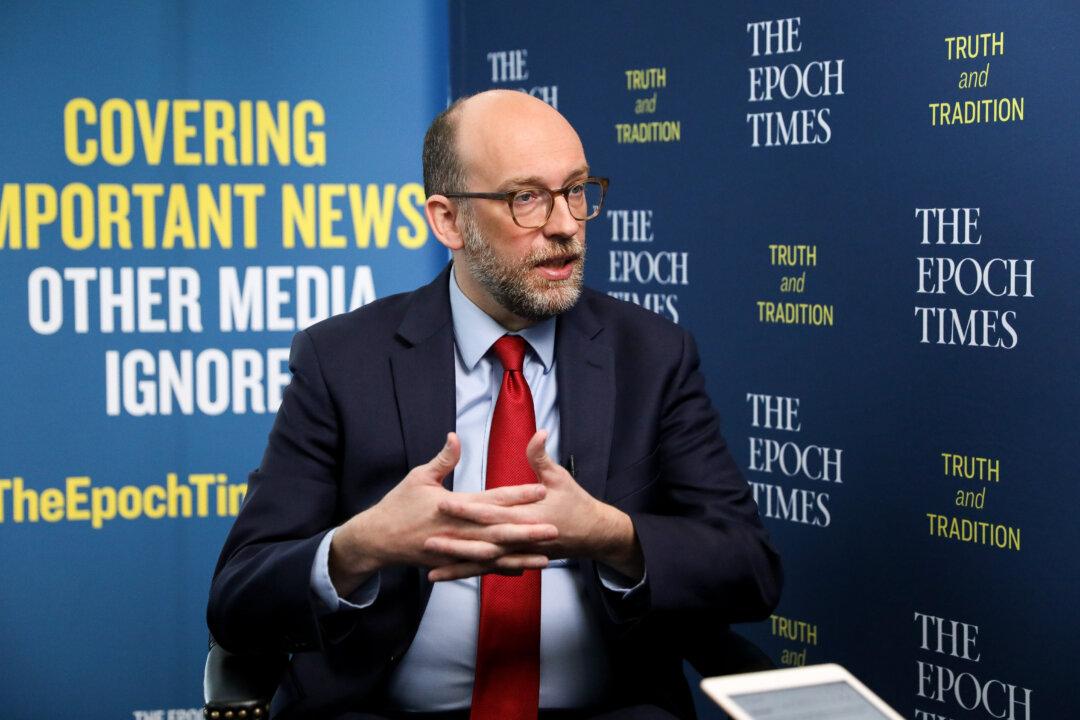Russ Vought is on track to return to a little-known but powerful position in the incoming administration at the Office of Management and Budget (OMB) after President-elect Donald Trump nominated him on Nov. 22.
The OMB’s director is crucial to ensuring that each executive agency is coordinated behind the president’s economic and political goals, playing a role in finances and regulations enacted by executive agencies.





